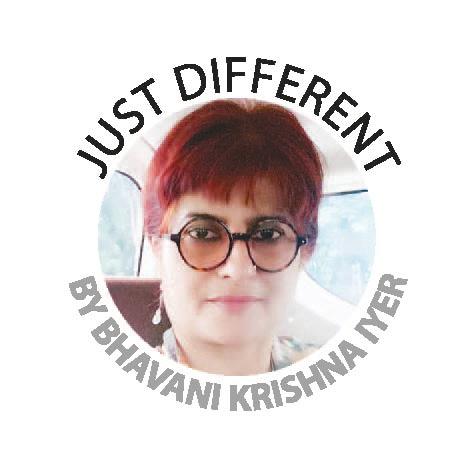THE trouble with most of us is that we would rather be ruined by praise than saved by criticism, and the winds of disapproval intensely blowing in every direction sometimes makes us dizzy with confusion. Do we have the maturity to accept constructive criticism as a gage for improvement?
It has become a favourite hobby for politicians and high- flying office-holders to indulge in life writing, inviting brickbats and praises in equal measure, most times. For the uninitiated, life-writing involves, and goes beyond, biography. It encompasses everything from the complete life to the day-in-the-life, embracing the lives of objects and institutions as well as the lives of individuals, families and groups.
Life-writing includes autobiographies, biographies, memoirs, letters, diaries and more.
I was midway reading Barack Obama’s memoir A Promised Land when another one hit the local scene with much ado. Naturally, I succumbed to curiosity and momentarily ditched Obama and read the controversial work cover to cover only to make a self-assessment, and while doing so making a mental comparison of both works.
Obama’s narrative was written with much poise and sublimity, to the point that his objectivity is maintained all through. Granted that he discusses the rot in the political scene in the US and does not try to hide his disagreements on some matters but it is expertly and deftly weaved in, warily, so that there is no collateral damage done in the process. I felt it was more of an arty presentation rather than a critique, I sensed the reverse for the other work.
I am highly opinionated on the fact that when one embarks on life-writing, the writer stays cognizant that the narrative is his autobiography and not a biography of the people who were in the writer’s life. During my teaching days, I emphasised this time and again.
I would normally go on to stress on the need to seek permission to include the mentions and stories of other people in the life-writing genre. How fairly can one’s book be used as a platform to criticise and pass judgments about others?
Just because someone appeared in a writer’s life, unwittingly or otherwise, it does not mean that he wants to be part of another’s life story. As a rule of thumb, I would tell myself and my students that a little prudence might help to serve as self-checks if certain sensitive matters are to be treated with extreme caution.
One’s assumptions on how things should be, be it people or the world, is based on his experience and imbued ideologies of the world and he may communicate them in a way that feels right for him. That feeling of rightness is based often on a judgment call which is self-justifying.
Across our lives, no matter where we live or what we do, we are guided by conscience that helps us make decisions about how we ought to live and behave. Sometimes, this is straightforward and at other times, the distinction is rather obscure, which is when we get into a spot.
Incidentally also, how much hard sell should the auto-biographer indulge in? Now, that is a difficult question to answer and I can vouch that to rise above self, it needs magnanimity of a different kind.
Obama kept it safely balanced, with his skilful mastery of language and writing acumen. The tender and captivating moments he shared with his wife are infused like pepper, adding just the right spice to break what otherwise could have been monotonous.
Life-writing captures the self-defining memories of one’s life and it is to a large extent an exercise in self-discovery. There is no right or wrong way of doing it but there are principles that, again, may differ according to individuals.
“Masterful lament of the fragility of hope”, says a reviewer about Obama’s memoir, and another sees it as “deeply introspective and at times elegiac”.
For me, it is humble rendition of one’s journey in arriving at his destiny, a lifetime worth reminiscing and being proud of.














